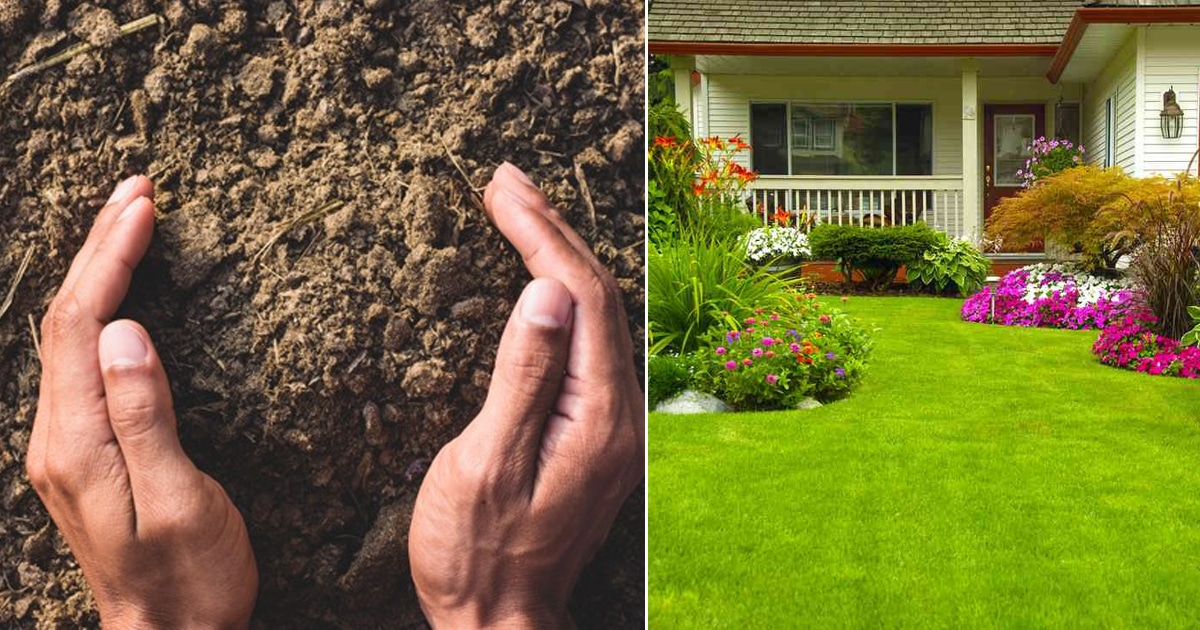Check out some fantastic Tips to Increase Soil Bacteria in the Garden and promote your plant’s health, growth, and productivity!
Tiny microorganisms in the soil play a vital role in the plant’s overall development. If you too want to make the best use of them, follow these Tips to Increase Soil Bacteria in the Garden!
Bacteria can do wonders for the health of the soil by improving its structure, aggregation, recycling of nutrients, and water. They also help in decomposing organic residues that help plants in a lot of ways.
Mulch

A layer of mulch can promote bacterial growth in the garden, especially if you add in compost. It also helps to keep the temperature of the soil cool and repels the harsh, afternoon rays. Mulching is also a great idea to trap moisture and humidity – two of the important factors for bacterial development.
Compost has a range of plant-bacteria and makes up 80 to 90% of the billions of microorganisms. If you want to increase soil bacteria, simply spread a thick layer of compost.
Use Mycorrhizal Inoculant

Also known as ‘mycelia’, they are tiny fungal filaments that intertwine themselves around the plant’s roots and help to break down organic matter. A study by the University of Washington states that – The hyphae of the fungi spread through the soil and infect the roots of plants creating specialized structures for the exchange of nutrients. This relationship generally benefits both organisms by providing carbon to the fungi and increased nutrient uptake (primarily phosphorus) for the plant.
The roots pull water and nutrients and shield the plants against predators. You can buy Mycorrhizal from garden stores or online. Apply it by rubbing the powder on the root ball, spray in the hole, or mix directly with seeds before planting.
Make Your Own Probiotics

Probiotics can do wonders for the plant’s overall growth and development.
Worms are abundant in phosphorus, nitrogen, potassium, and several micronutrients that have a huge range of garden bacteria. You can create your own wormery by following these steps:
- Get a plastic box and make 2-4 holes in the bottom for encouraging good airflow.
- Create some holes on the lid as well for oxygen.
- Place some tissue paper in the bottom and cover them with 3-4 inches of moist compost.
- Lastly, add a few worms – Red wigglers (Eisenia fetida) are the best low-cost option. According to the size of the bin, 300-600 worms are good.
Feed the worms with vegetable scraps and peelings. They will convert it into a nutrient-rich soil amendment called vermicompost. Check the moisture regularly and moisten a bit when there is an absence of condensation. Keep the box away from direct sunlight.

